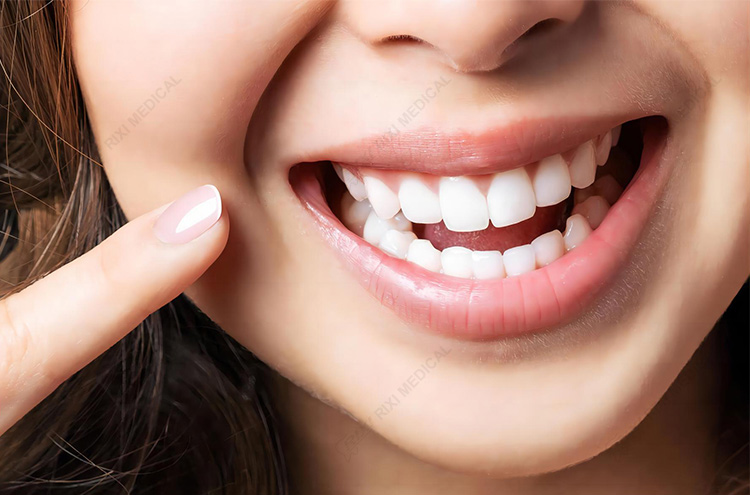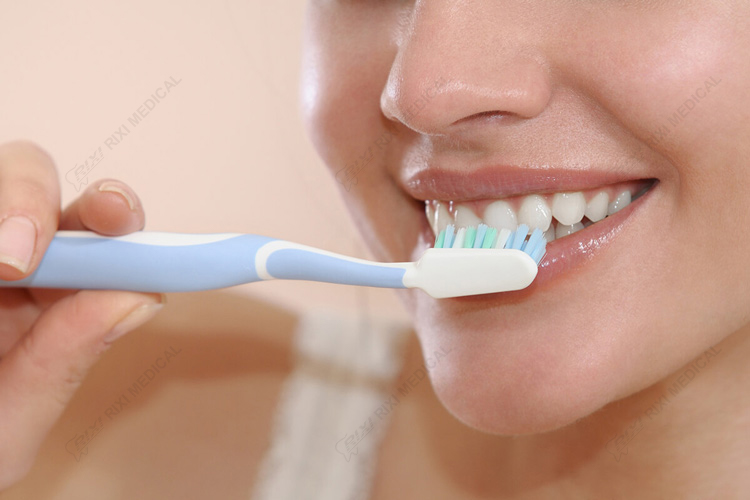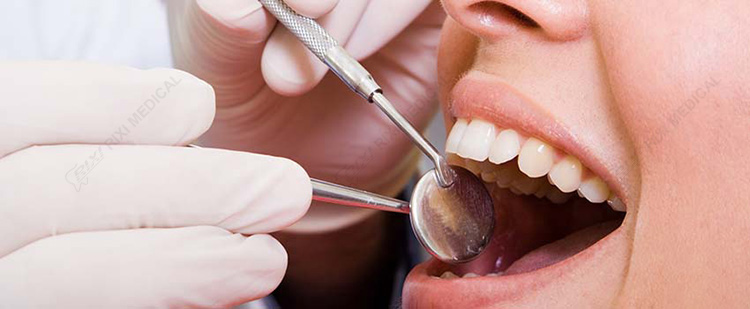Why should we pay attention to oral care and treatment?
In daily life, you may often overlook the importance of oral health. However, oral care and oral treatment have a profound impact on our overall health and quality of life.

Oral health is closely related to overall health
The mouth is not only an organ for chewing food and speaking, it is also a mirror of the overall health of the body.Studies have shown that periodontal disease is associated with a variety of systemic diseases.
For example, patients with periodontitis have a higher risk of cardiovascular disease. This is because bacteria in the mouth may enter the heart through the blood circulation and trigger an inflammatory response.In addition, if diabetic patients have poor oral health, blood sugar control will also be affected. Good oral care can help improve blood sugar levels in diabetic patients.
Oral care is key to preventing disease
Daily oral care is the first line of defense against oral diseases.
Brushing your teeth correctly every morning and evening can effectively remove dental plaque and food debris, and reduce the occurrence of caries and periodontal disease. Using dental floss or an interdental brush to clean between teeth can reach areas that a toothbrush cannot reach, further ensuring oral hygiene. Regularly changing toothbrushes and choosing a toothpaste that suits your oral condition are also important aspects of oral care.

Timely treatment to prevent the condition from getting worse
When oral problems occur, timely treatment is essential.If caries are not treated in time, they will gradually erode the teeth, leading to pulpitis, apical periodontitis, and eventually tooth loss. If periodontal disease is ignored, it will cause gum atrophy, alveolar bone absorption, loose teeth, and even tooth loss.
Early oral treatment is not only less painful and less expensive, but also can preserve the function and beauty of teeth to the greatest extent.
Oral health affects quality of life
With a healthy mouth, you can enjoy delicious food and savor the taste of life. On the contrary, problems such as oral pain and tooth loss can affect chewing and digestion functions, leading to poor nutrient absorption and affecting physical health. In addition, unsightly teeth may affect a person's self-confidence and social life.
The signs that you need to see a dentist

1. Toothache
Whether it is a persistent dull pain or a sharp stabbing pain, it may be a manifestation of problems such as caries, pulpitis, and apical periodontitis.
2. Bleeding gums
If your gums bleed frequently when you brush your teeth or bite something, it may be a symptom of gingivitis or periodontitis.
3. Tooth sensitivity
If your teeth feel sore and uncomfortable when you eat hot, cold, sour, or sweet foods, it indicates that your teeth may be worn, caries, or your gums may be receding.
4. Bad breath
Long-term bad breath that cannot be improved by brushing or rinsing may be related to oral diseases such as caries, periodontitis, and pericoronitis of wisdom teeth.
5. Tooth discoloration
If your teeth are obviously yellow or black, it may be caries, pulp necrosis, or pigment deposition on the tooth surface.
6. Loose teeth
Loose teeth may be caused by periodontal disease leading to alveolar bone resorption, or trauma, apical inflammation, etc.
7. Difficulty chewing
If you feel weak or painful chewing when eating, it may be due to tooth decay, occlusion problems or periodontal disease.
8. Oral ulcers
If oral ulcers do not heal for a long time (more than two weeks) or occur frequently, you need to pay attention.
9. Missing teeth
If a tooth falls out accidentally or is removed due to disease, you need to see a doctor in time to consider a repair plan.
10. Oral tumors
Unknown lumps, nodules or new growths are found in the mouth.

